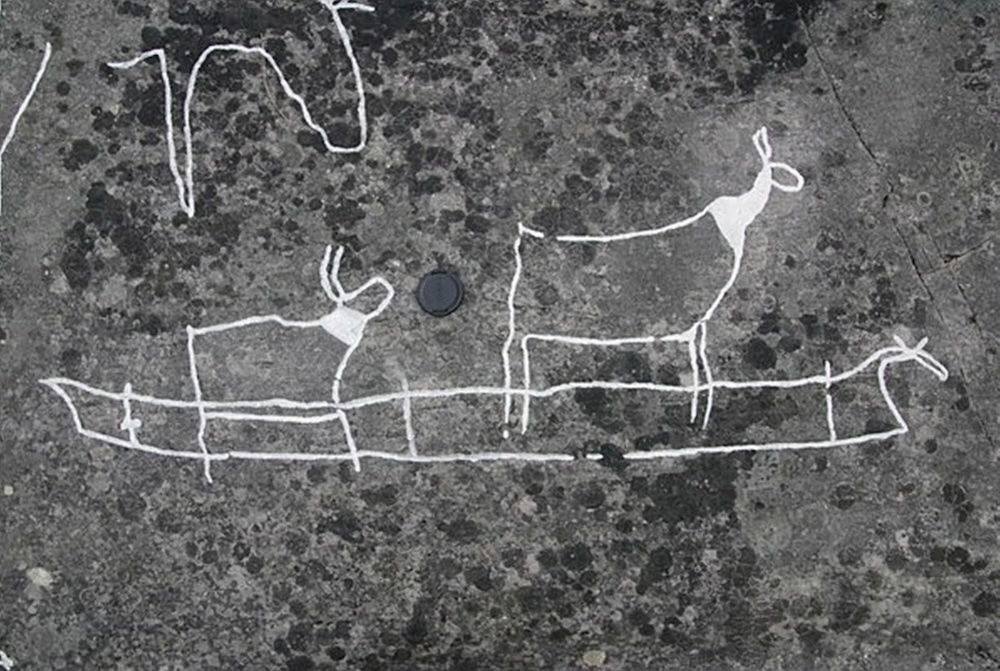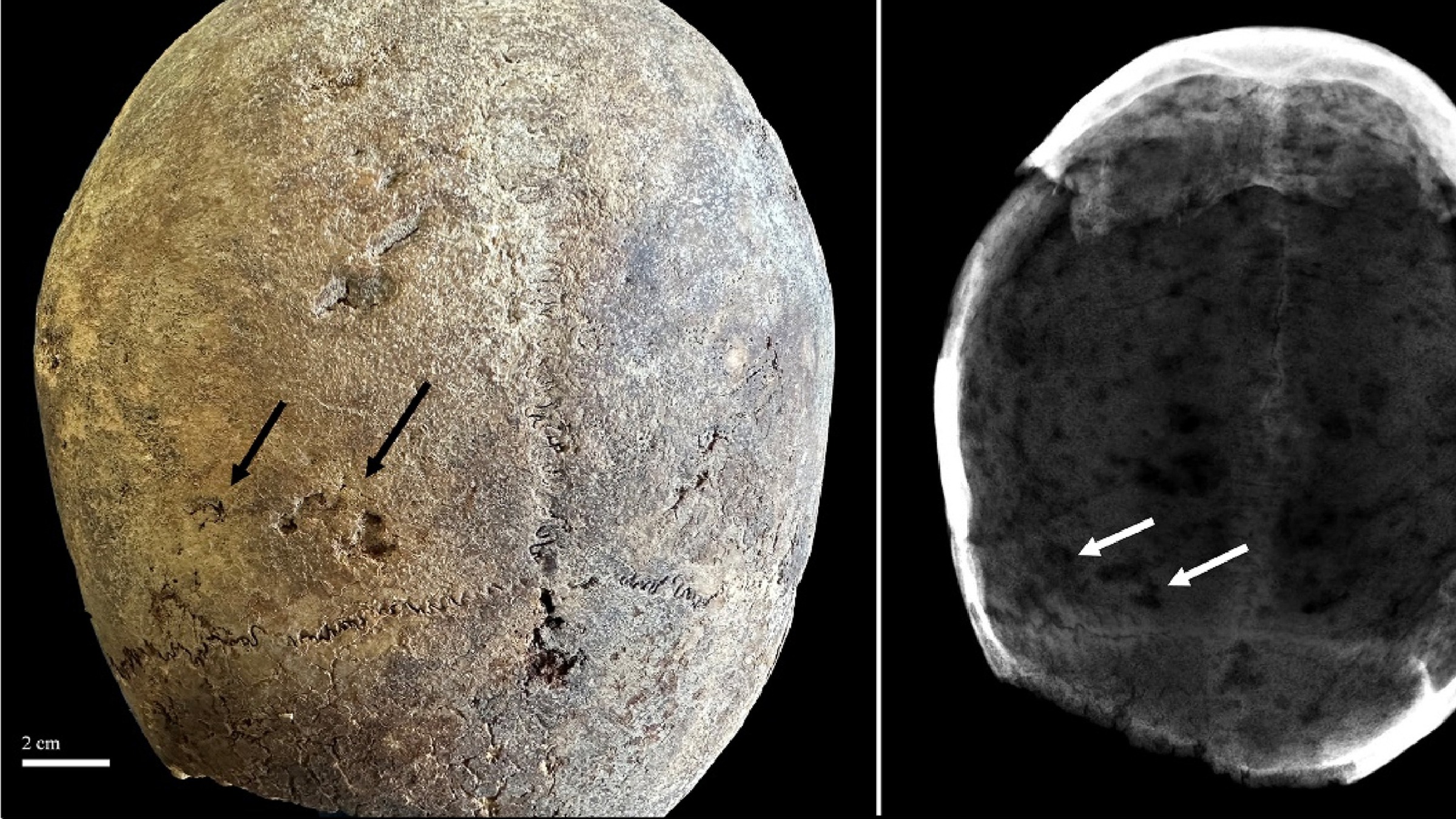Remote Sensing, Vol. 15, Pages 543: Fishery Resource Evaluation with Hydroacoustic and Remote Sensing in Yangjiang Coastal Waters in Summer
Remote Sensing doi: 10.3390/rs15030543
Authors: Xiaoqing Yin Dingtian Yang Linhong Zhao Rong Zhong Ranran Du
Yangjiang coastal waters provide vital spawning grounds, feeding grounds, and nursery areas for many commercial fish species. It is important to understand the spatial distribution of fish for the management, development, and protection of fishery resources. In this study, an acoustic survey was conducted from 29 July to 5 June 2021. Meanwhile, remote sensing data were collected, including sea surface temperature (SST), chlorophyll concentration (Chla), sea surface salinity (SSS), and sea surface temperature anomaly (SSTA). The spatial distribution of density and biomass of fish was analyzed based on acoustic survey data using the geostatistical method. Combining with remote sensing data, we explored the relation between fish density and the environment based on the GAMs model. The results showed that fish are mainly small individuals. The horizontal distri-bution of fish density had a characteristic of high nearshore and low offshore. In the vertical direc-tion, fish are mainly distributed in surface-middle layers in shallow waters (<10 m) and in middle-bottom layers in deeper waters (>10 m), respectively. The deviance explained in the optimal GAM model was 59.2%. SST, Chla, SSS, and longitude were significant factors influencing fish density distribu-tion with a contribution of 35.3%, 11.8%, 6.5%, and 5.6%, respectively. This study can pro-vide a scientific foundation and data support for rational developing and protecting fishery re-sources in Yangjiang coastal waters.

 1 year ago
45
1 year ago
45


